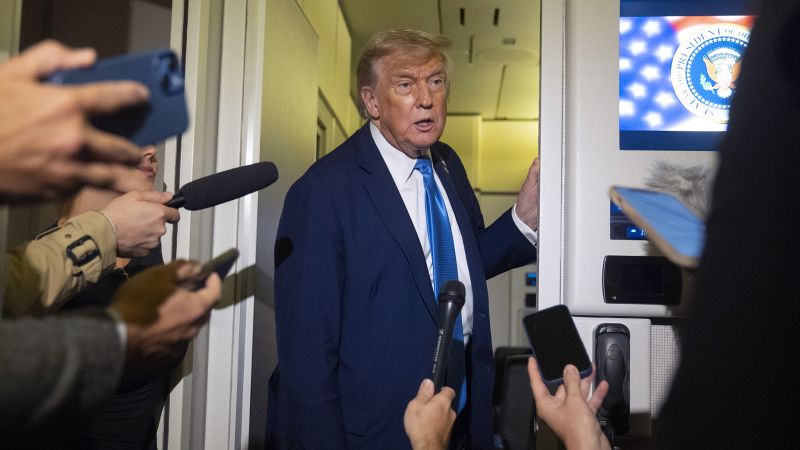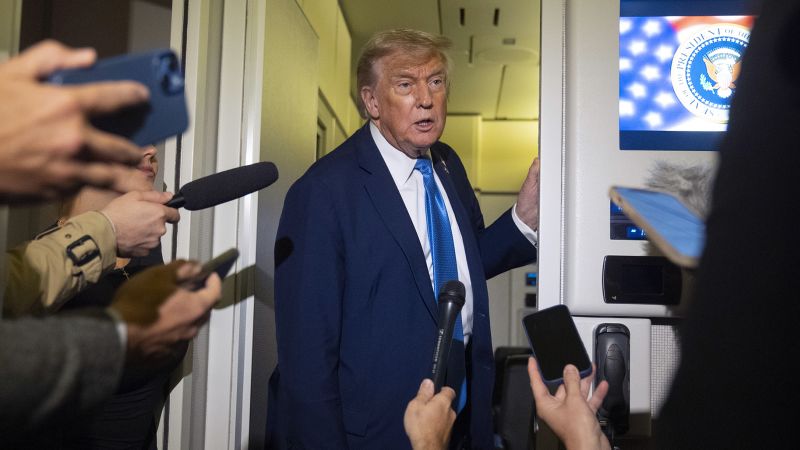Could A US Attack On Iran Ignite A Middle East Catastrophe?

Welcome to your ultimate source for breaking news, trending updates, and in-depth stories from around the world. Whether it's politics, technology, entertainment, sports, or lifestyle, we bring you real-time updates that keep you informed and ahead of the curve.
Our team works tirelessly to ensure you never miss a moment. From the latest developments in global events to the most talked-about topics on social media, our news platform is designed to deliver accurate and timely information, all in one place.
Stay in the know and join thousands of readers who trust us for reliable, up-to-date content. Explore our expertly curated articles and dive deeper into the stories that matter to you. Visit Best Website now and be part of the conversation. Don't miss out on the headlines that shape our world!
Table of Contents
Could a US Attack on Iran Ignite a Middle East Catastrophe?
The simmering tensions between the United States and Iran have once again brought the specter of a devastating conflict to the forefront of global concerns. The question looming large isn't if a military confrontation could happen, but rather, what would be the consequences? Could a US attack on Iran trigger a catastrophic chain reaction across the Middle East, plunging the region into unprecedented chaos? The potential for such a scenario is undeniable and warrants serious consideration.
The Complexities of a US-Iran Conflict:
A US military strike against Iran, even a limited one, carries immense risks. Iran possesses a sophisticated network of proxies across the region, including Hezbollah in Lebanon, various Shia militias in Iraq, and the Houthis in Yemen. These groups, fiercely loyal to Tehran, could retaliate in a multitude of ways, potentially targeting US interests globally. This could range from asymmetric warfare tactics like cyberattacks and bombings to full-scale proxy conflicts erupting across the Middle East.
Potential Flashpoints and Escalation:
- Regional Proxy Wars: A US attack could reignite or escalate existing conflicts. The ongoing conflicts in Yemen and Syria, already devastating humanitarian crises, could become even more brutal and intractable. Lebanon, already facing immense political and economic instability, could be plunged into further chaos.
- Oil Price Volatility: Iran is a significant player in the global oil market. Any disruption to Iranian oil production or shipping routes would send shockwaves through the global economy, leading to potentially crippling price spikes and further exacerbating existing inflationary pressures. This would impact global energy security and have wide-ranging economic consequences.
- Nuclear Proliferation Concerns: While Iran's nuclear program is a major source of international concern, a military strike could ironically accelerate the process of nuclear proliferation in the region. It could embolden other nations to pursue nuclear weapons, believing that possessing them is the only guarantee of security against a powerful aggressor.
- Humanitarian Crisis: A conflict would almost certainly lead to a catastrophic humanitarian crisis, with mass displacement, widespread suffering, and potential famine in already vulnerable populations. The number of refugees could overwhelm neighboring countries and strain international aid organizations.
Beyond Military Action: The Need for Diplomacy:
While the risks of military action are clearly substantial, a complete lack of action is also not a viable option. The international community needs to work towards a diplomatic solution to the ongoing tensions. This involves addressing the legitimate security concerns of all parties involved through open communication and a commitment to de-escalation.
The Role of International Actors:
International actors, including the UN, the European Union, and other regional powers, have a crucial role to play in mediating the conflict and promoting dialogue. Finding common ground and establishing mechanisms for peaceful conflict resolution is paramount. This involves a multi-faceted approach that tackles not only the immediate threat but also the underlying causes of the conflict.
Conclusion: Avoiding a Catastrophe Requires Urgent Action
The potential for a US attack on Iran to trigger a regional catastrophe is real and significant. The consequences could be devastating for the Middle East and have far-reaching global implications. Avoiding such a scenario requires a concerted effort from the international community to prioritize diplomacy, de-escalation, and a commitment to finding peaceful resolutions. The time for decisive action is now. Failing to act decisively could have irreversible consequences. The future of stability in the Middle East hangs in the balance.

Thank you for visiting our website, your trusted source for the latest updates and in-depth coverage on Could A US Attack On Iran Ignite A Middle East Catastrophe?. We're committed to keeping you informed with timely and accurate information to meet your curiosity and needs.
If you have any questions, suggestions, or feedback, we'd love to hear from you. Your insights are valuable to us and help us improve to serve you better. Feel free to reach out through our contact page.
Don't forget to bookmark our website and check back regularly for the latest headlines and trending topics. See you next time, and thank you for being part of our growing community!
Featured Posts
-
 Updated 2025 Mlb Midseason Lineup Rankings Whos Leading The Charge
Jun 19, 2025
Updated 2025 Mlb Midseason Lineup Rankings Whos Leading The Charge
Jun 19, 2025 -
 Expert Betting Advice Chris Fallicas 2025 Week Ahead Predictions
Jun 19, 2025
Expert Betting Advice Chris Fallicas 2025 Week Ahead Predictions
Jun 19, 2025 -
 Finally The Us Is Back Fox News Interview Controversy Explained
Jun 19, 2025
Finally The Us Is Back Fox News Interview Controversy Explained
Jun 19, 2025 -
 From Fanboy To Witness Shohei Ohtanis Dodgers Pitching Performance
Jun 19, 2025
From Fanboy To Witness Shohei Ohtanis Dodgers Pitching Performance
Jun 19, 2025 -
 Could A Us Attack On Iran Unleash Regional Chaos Experts Weigh In
Jun 19, 2025
Could A Us Attack On Iran Unleash Regional Chaos Experts Weigh In
Jun 19, 2025
